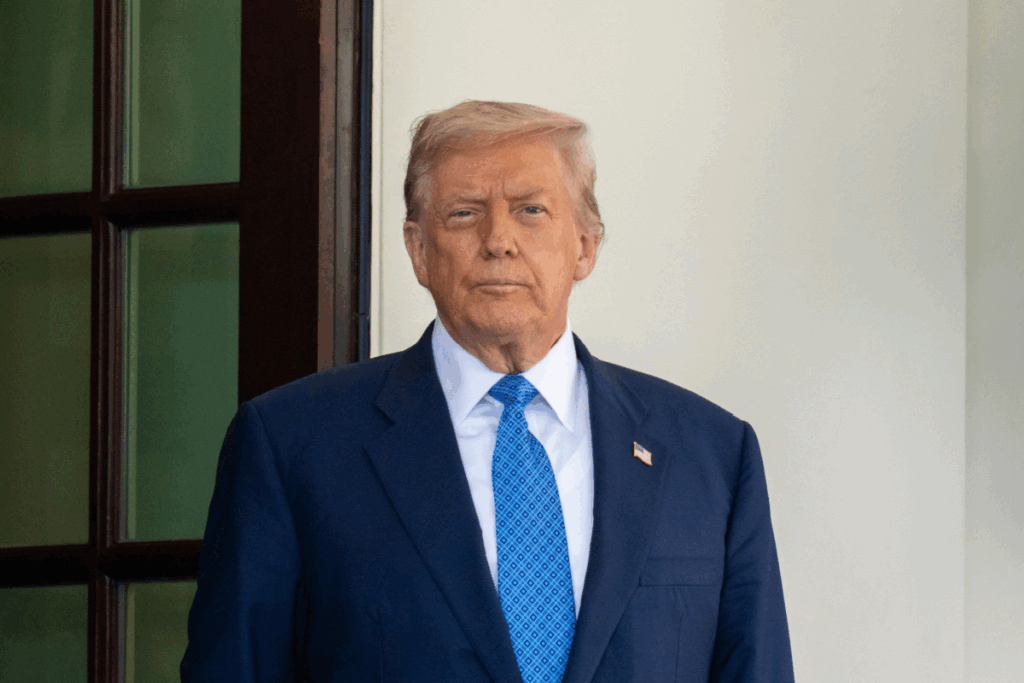Khan’s Direct Challenge
Donald Trump’s arrival in the United Kingdom has been overshadowed by sharp criticism from London mayor Sadiq Khan. Khan accused the US president of emboldening far-right movements worldwide, citing the use of military force in American cities and the targeting of minority communities as tactics resembling authoritarian regimes. His intervention was seen as a direct challenge to Prime Minister Keir Starmer, urging the government to take a stronger stance rather than offering Trump the pomp of an unprecedented second state visit.
Trade Talks Collapse
Adding to the tensions, a planned announcement of a deal to eliminate tariffs on British aluminium and steel exports to the US collapsed at the last moment. Starmer had repeatedly presented the prospect of tariff relief as evidence that a cooperative approach with Trump would yield benefits. The failure of the deal has left the prime minister vulnerable to criticism, especially as he welcomes Trump to Windsor Castle for ceremonial events before high-stakes talks at Chequers.
Protests and Divisions
While Trump’s itinerary shields him from seeing demonstrators directly, widespread protests are expected in both Windsor and London. Khan linked the rise of far-right marches, including one over the weekend led by activist Tommy Robinson, to a failure by politicians and media outlets to condemn intolerance. He warned that Britain must reject “the politics of fear and division.” Starmer, in contrast, told his cabinet that the scenes of police being attacked during the march highlighted “the fight of our times” against hatred and social fragmentation.
Government Response
The government has faced questions about its messaging. Business secretary Peter Kyle initially downplayed the scale of the far-right rally, describing it as evidence of free speech. But Starmer’s office later clarified that while free expression is a protected right, violent rhetoric from extremist figures has left many communities feeling unsafe. Health secretary Wes Streeting echoed this view, condemning any attempt to normalize racism and homophobia as free speech. He stressed that Britain should not accept a society defined by fear and exclusion.


